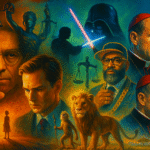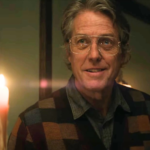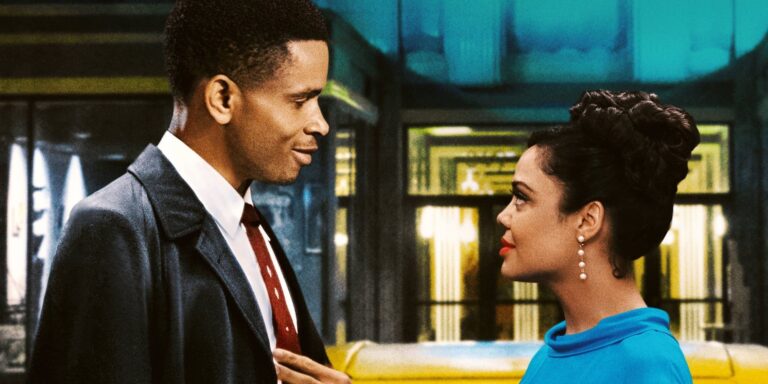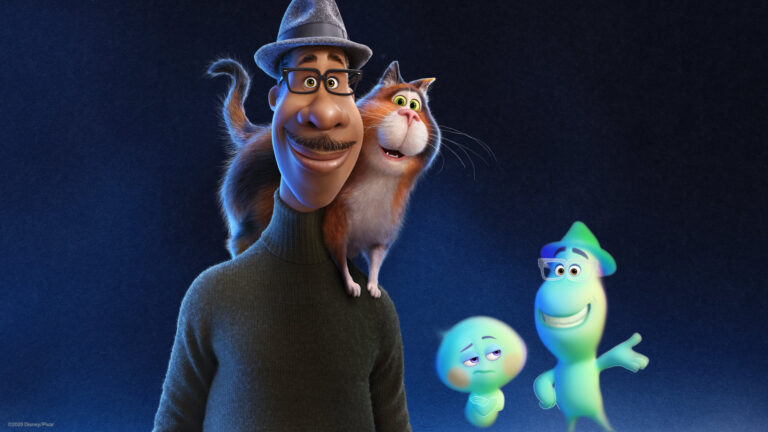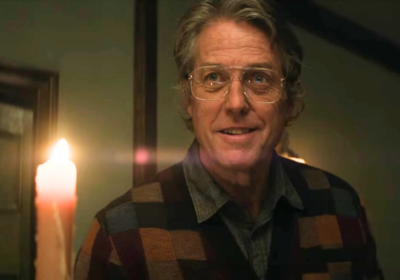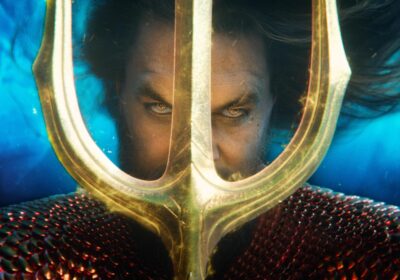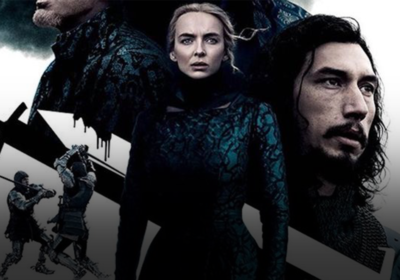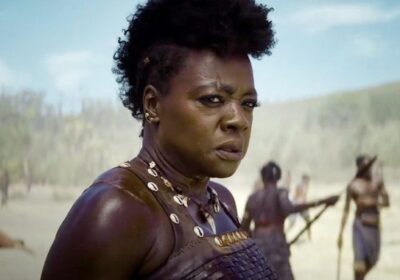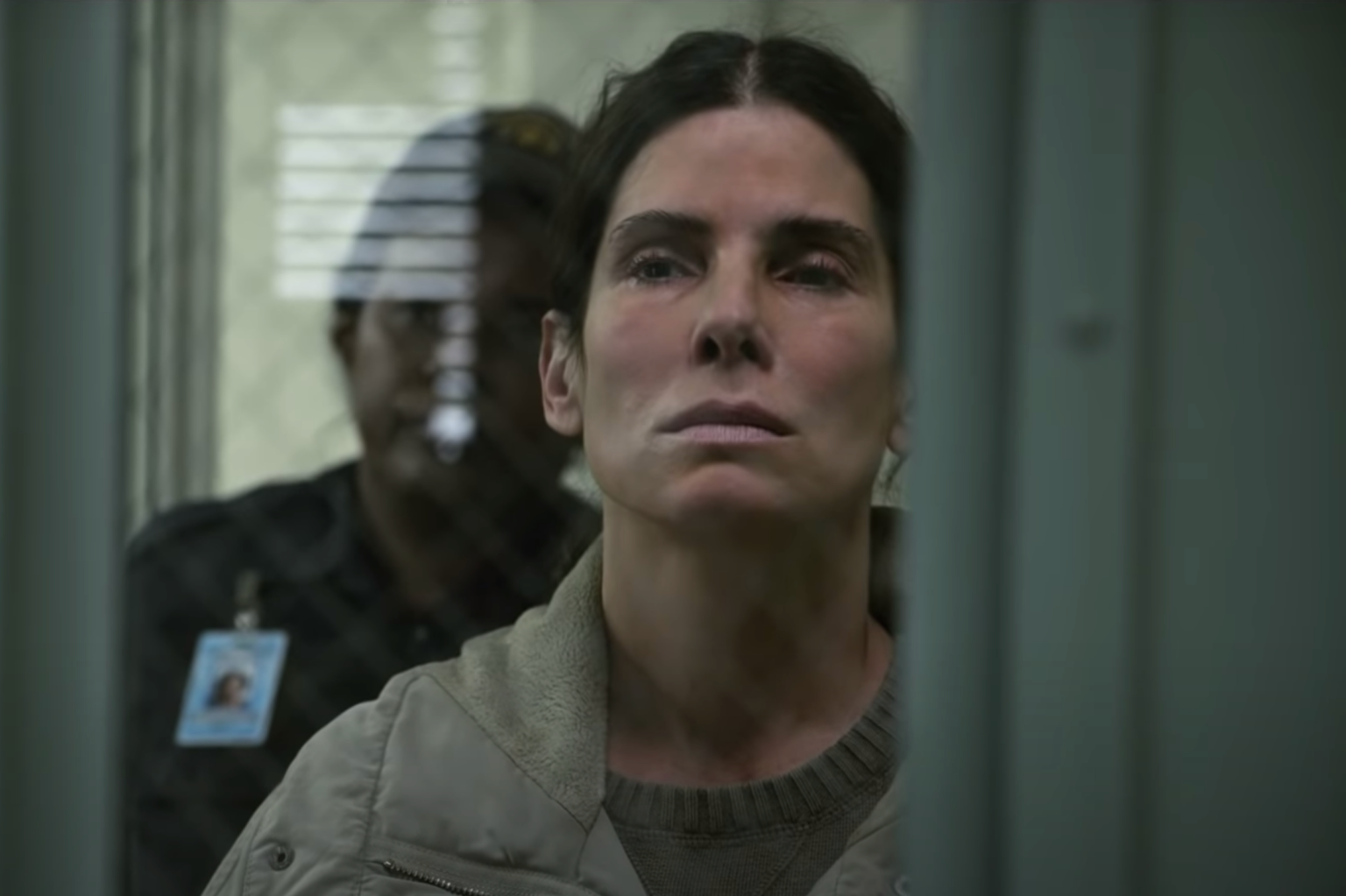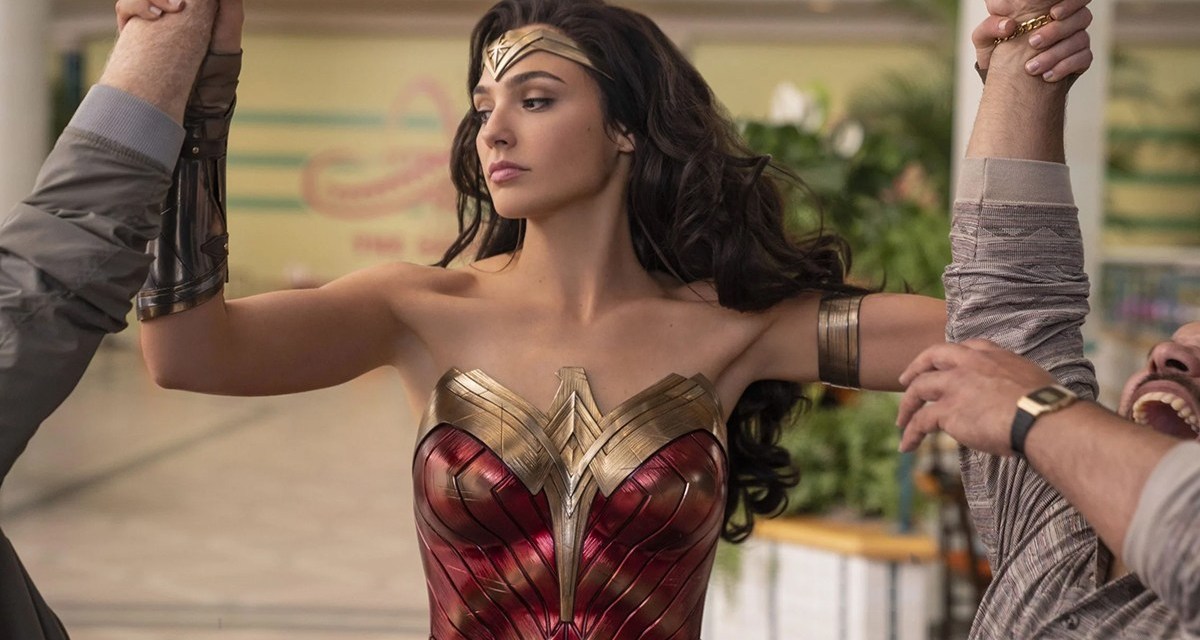
Wonder Woman 1984: Why The Critics Came down hard on WW84
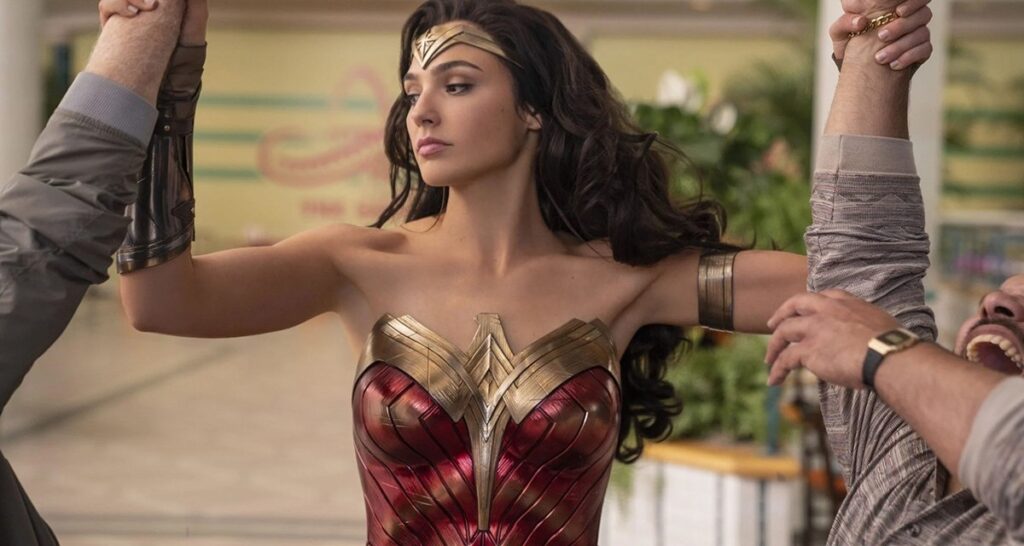
It probably will be unwise to read many reviews before watching certain movies, especially heavy franchise movies with long-time followers; this appears to be the case with Wonder Woman 1984. The publicity and anticipation that preceded this movie were such that, in a very tumultuous year of lockdowns and mental exhaustion caused by a life-threatening pandemic, insufficient priming of the average viewer might be the reason for the movies’ harsh reviews received.
The usual tradition for filmmakers that plan to release movies during the holiday is to go out blazing with killer publicity; this heightens the anticipation and prompts the movie buff to prepare for a wonderful experience at the cinema. The benefits derived from watching a movie in the cinema are numerous, beyond the information from the story; the theatre experience brings the moviegoer into complete focus so that all the elements that make the movie entertaining will be taken in by the viewer. The mental priming that precedes the film goes a long way to determine the total experience of the viewer; this opens the viewers’ spirit to receive the movie.
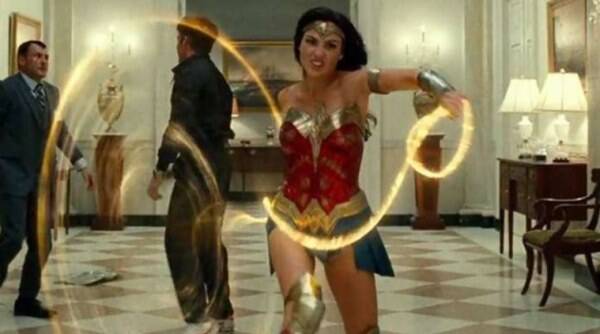
The simultaneous release of a movie in the theatre and a streaming platform on the same day will give viewers options; and it goes without saying that amidst a pandemic, it will be easy to make an inference as to the choice that the viewer will make without actually carrying out a study. Wonder Woman 1984 is probably the first significant and well-publicized movie that opened on Christmas day in the cinema and HBO Max. The option of HBO Max gave most viewers the choice of viewing a box office-grade film at home on the same day of release. Amidst a pandemic that has claimed thousands of lives, most will opt out of going to the theatre at the risk of catching a virus, all because they want to see a movie that is available on a streaming service that most people already have.
Going to the cinema versus throwing oneself on the couch and grabbing the remote control; these two situations will surely yield different results as to the way that a movie will be received. The movie theatre with its large screen and multidirectional surround sound are built for experience, which goes beyond communicating the story. No doubt, viewers can attempt to create this ambiance at home, even pop some popcorn and get some drinks, but most can never be fully immersed in the movie due to an inability to completely control distractions. This could be anything ranging from some salesperson ringing your doorbell to the dog pushing over the trash can, or the most common; responding to every movement from the smartphone. Concentration is a key element for proper comprehension, and unforeseen distractions will surely disrupt attention which in turn will impact the way a movie is received. The preparedness that comes with going to the theatre unconsciously makes the viewer create a plan to concentrate. There are those that will put their phone on silent and others that will turn it off; the total removal of these distractions will improve comprehension and contribute to the overall entertainment experienced by the viewer.

Human beings, subject to normal emotions, are the ones that review movies. If movies were reviewed by algorithmic codes with consistent patterns, then we would trust in its consistency and agree with the bad reviews given to this movie. For movies like Wonder Woman, or any other superhero movie, you will always have the franchise crowd; people who have followed the subject matter and are versed in the history from conception. These are the ones that want to ensure that Peter Parker was bitten by a radioactive spider and not some Hollywood writer telling them that it was a cockroach. The reviewers from this franchise crowd are the biggest critics since they consistently benchmark newer iterations of a story to ensure that it is consistent with its historical versions. WW84 has stayed consistent with its Amazonian mythology through its previous versions, the critics mainly quarrel with the events that bring Wonder Woman into an environment that sees her making efforts to fix abnormalities in the regular world.
For those that have followed the Wonder Woman DC franchise from the era of the comic books, it comes as no surprise when moviemakers, especially in these times, want to use these movies to communicate larger messages; which is “good overcoming evil”. Any critic that would view WW84 through these lenses will find no difference from the previous one. Patty Jenkins (Monster, The Killing) directs and also receives story credits for this movie; she directed Wonder Woman (2017) but Zach Snyder (Director, 300) wrote the story. The fact that they had different writers may have something to do with it, but this remains an assumption that is yet to be tested; this is because both movies have similar metaphorical connotations that seek to communicate broader messages as earlier mentioned. Most Marvel/DC scriptwriters maintain these metaphoric undertones amidst the destructive action sequences which are the necessary eye-candy needed to synchronize the popcorn-eating viewers’ total experience while staying on course with the intended story. The DC or Marvel franchise will not risk any melodrama format script for a superhero-type movie since they are fully aware of viewers’ expectations.
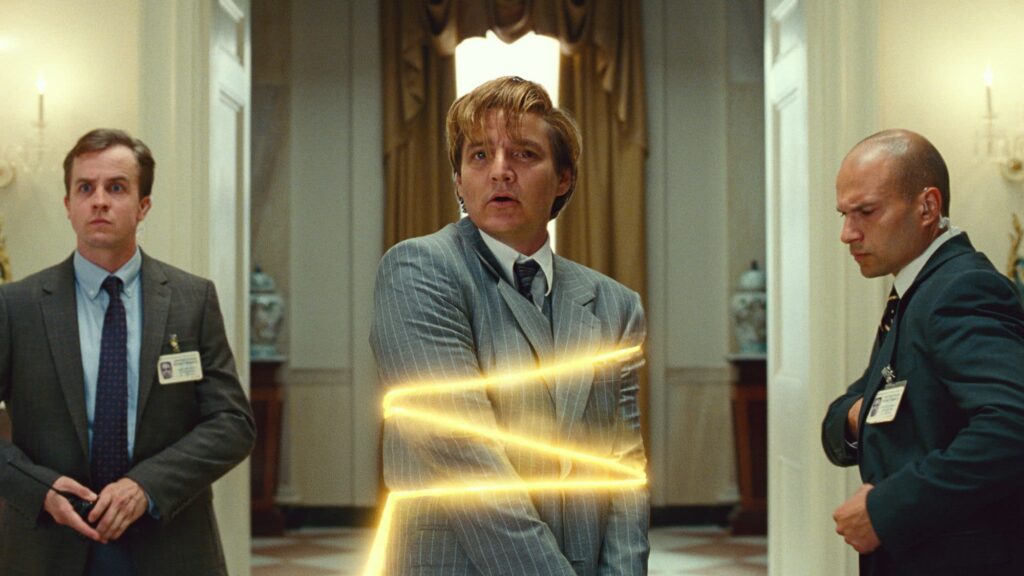
As much as time travel has been debunked as a feasible science, we see Diane Prince looking as young as she was in world war II and 1984, not also forgetting that she looked the same way with the Amazons before herself and Steven moved through some time warp to different dimensions. In comparison to the 2017 version, this one sees Gal Gadot returning as Wonder Woman, and for those that have seen the trailer, you would be wondering what Chris Pines (Steve Trevor) was doing there considering that his character was killed off in the first movie. This return was one of the major reasons critics made this movie seem to be like it was a misplaced flying-dragons fantasy jargon, but we must not forget that the Wonder Woman franchise story in itself is pure fantasy; people do not fly, the lasso of truth is as real as Santa Clause, and there is no such thing as a dreamstone. In this vain, superhero-type movies can only provide basic entertainment and can only enhance its usefulness if it seeks to communicate broader and real societal issues. This appears to be the intention of Patty Jenkins and Zack Snyder with the Wonder Woman movie franchise and it will be only fair to judge the movie with the methods with which it mixes entertainment while communicating these issues.
This movie shows Diana maintaining a regular job of maintaining old artifacts. Amongst these artifacts is a dreamstone equivalent to Aladdin’s Lamp (only with little extra wishes). This dreamstone becomes the central desire of Max Lord (Pedro Pascal) which sets up the hero-villain arrangement for the story. This dreamstone represents granted wishes to the one who possesses it and as much as Max Lord wants it to fulfill a selfish ambition, Barbara Minerva, played by Kristin Wiig, needs the dreamstone to bring visibility to her cellophane personality. A taste of this power makes her want more and as the story progresses, she becomes the necessary super-villain that must match the powers of Wonder Woman. This summary would suffice to show the typical elements to qualify for a fantasy flick, but isn’t the whole concept of cape-wearing, fire-spewing and walk-through-wall superheroes all a fantasy?
It cannot be argued that there were a lot of elements that represented enough sour grapes for critics; like the fact that Steven (killed off in the 2017 version ) returns, Barbar Minerva’s cheetah character that breeds questions, and the comic-book start that introduces the costumed Wonder Woman. These elements are enough to create a justification for criticisms, but one thing that will be difficult to argue against is the fact that all these elements still flesh out within the story, and align themselves to the metaphorical intentions of the overall story. In a long while, there has never been a highly publicized and anticipated movie that got inundated with bad reviews like this one. It probably cannot be solely blamed on the crazy year we all experienced, but it will be very difficult to totally eliminate the year 2020 as a strong reason. Notwithstanding, it did not deserve all the flurry of rotten tomatoes it received; some perhaps, but never all.

